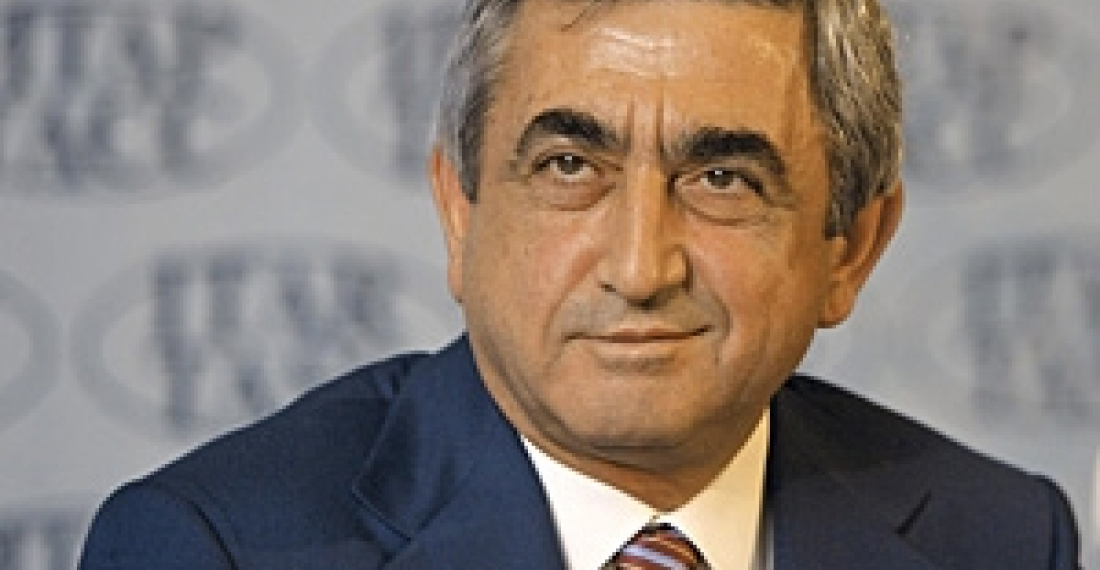- Armenia-Azerbaijan Strategic Expert Platform: Members emphasise the importance of the present moment for the South Caucasus and call for the momentum to be used for the long-term peace and prosperity of the region
- Thursday Interview: Dr. Anar Valiyev
- Food insecurity in Somalia has nearly doubled in the past year
- Türkiye evaluating potential measures in case of a US-Iran conflict
- European Parliament reaffirms support for Ukraine and EU Path
- EU moves ahead with Ukraine loan preparations despite Hungarian block

The only real way to resolve the Nagorno-Karabakh conflict is to hold negotiations within the framework of OSCE Minsk Group, Armenian President Serzh Sargsyan said when addressing the participants in the CIS Inter-religious Council's Presidium session.
He also added that Armenia is resolute to consistently pursue this way as an alternative will be good "neither for the neighboring country, nor for us". Among the basic approaches of the Armenian side, Serzh Sargsyan stressed that the conflict is not of a religious nature, and all attempts to give it such coloring are non-constructive.
"We can not permit attempts to oppose religions Christianity and Islam. It is especially unacceptable to destroy historical and cultural values on the grounds of conflict," he said and added that the Armenian party is ready, if necessary, to restore the historical values bringing as a striking example Blue Mosque in Yerevan which dates back to the 18th century.








